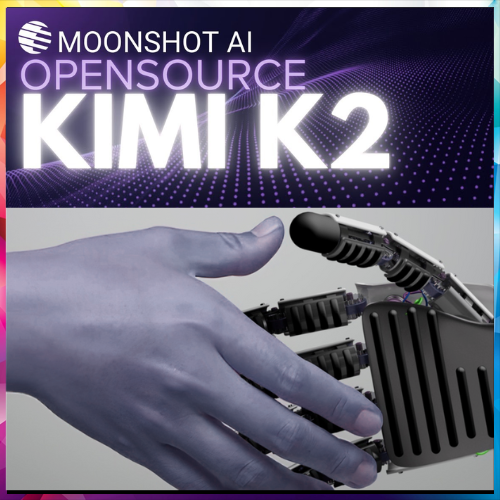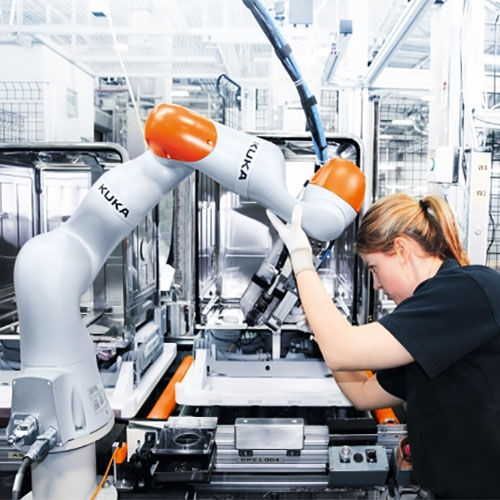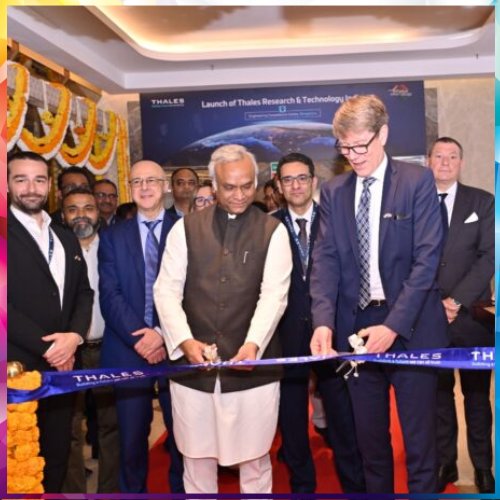
Backed by giants like Alibaba and founded by Tsinghua graduate Yang Zhilin, Moonshot joins a growing trend of Chinese firms embracing open-sourcing—unlike U.S. companies like OpenAI and Google.
In a bold move to regain momentum in China’s booming artificial intelligence industry, Moonshot AI, a rising star in the country's tech landscape, has released Kimi K2 — an advanced open-source AI model with cutting-edge capabilities. The launch positions Moonshot AI among the growing list of Chinese AI startups shifting towards open-source AI development, a strategy aimed at accelerating adoption and fostering a more collaborative ecosystem.
A Strategic Push for AI Market Leadership
Founded in 2023 by Yang Zhilin, a Tsinghua University alumnus, Moonshot AI has quickly emerged as a key player in the Chinese AI space. Backed by tech giants like Alibaba, the company aims to reclaim its leadership spot in a market where domestic competition is fierce and U.S. companies like OpenAI and Google dominate global narratives with their proprietary models.

In contrast, Chinese firms, including Moonshot, are increasingly betting on open-source models to gain traction, stimulate innovation, and encourage widespread use across industries—from software development and automation to chatbots and developer tools.
The newly released Kimi K2 AI model is engineered with powerful capabilities that rival top global AI models, particularly in code generation, agent task performance, and tool integration. According to Moonshot, Kimi K2 outperforms local alternatives like DeepSeek V3 and is on par with, if not better than, U.S. models such as Anthropic’s Claude in specific tasks like complex code writing and executing multi-step tasks using external tools.
Key features of Kimi K2:
Enhanced coding ability, ideal for developers and enterprise automation
Superior agent task performance, making it effective in multi-agent systems
Advanced tool integration, enabling interaction with diverse digital ecosystems
Open-source access, ensuring broader adoption and faster innovation
China's Open-Source AI Revolution
Moonshot’s move reflects a broader shift in China’s AI policy and industry trends, where open-sourcing AI models is becoming a strategic alternative to closed, proprietary systems favored in the West. This fosters local ecosystem growth, gives developers more flexibility, and enhances national AI resilience and technological independence.
With Kimi K2, Moonshot AI not only offers a viable alternative to global closed-source models, but also contributes significantly to China’s ambition of becoming a global AI powerhouse.
See What’s Next in Tech With the Fast Forward Newsletter
Tweets From @varindiamag
Nothing to see here - yet
When they Tweet, their Tweets will show up here.





























